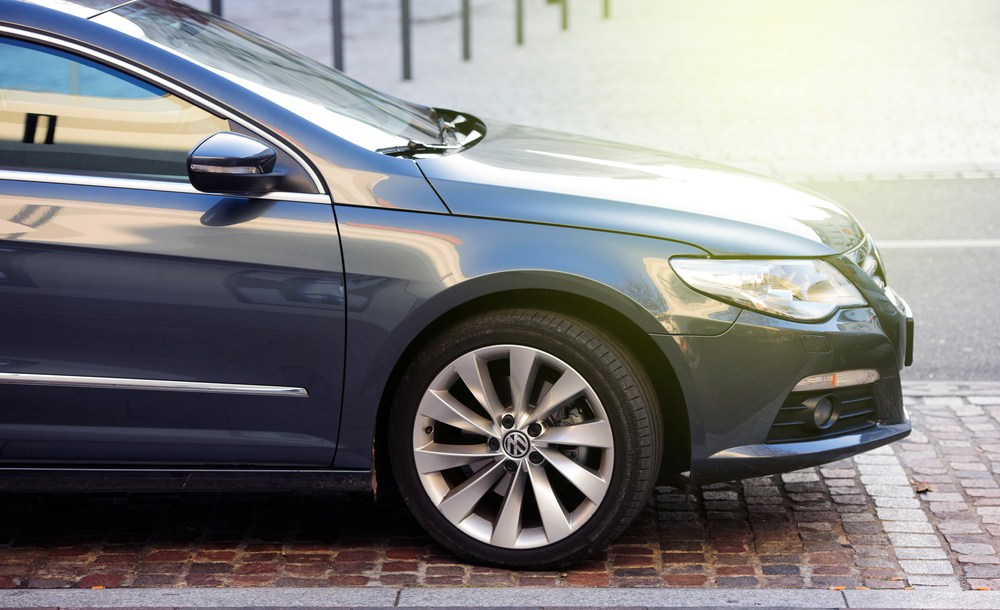Household Bills
New petrol and diesel car sale ban brought forward to 2035

A ban on the sale of new petrol and diesel cars and vans has been brought forward by five years, the Prime Minister has announced.
Launching the UN climate conference (COP26) which sets out the UK’s commitment to achieve net zero emissions by 2050, Boris Johnson said there can be “no greater responsibility than protecting our planet” and said 2020 “must be the year we turn the tide on global warming”.
In a bid to reduce emissions, the government will bring forward plans to end the sale of new petrol and diesel cars and vans to 2035 or earlier if feasible, subject to consultation. The original deadline was 2040.
Johnson also said the ban would include hybrids for the first time.
He added that the government will continue to work with all sectors of industry to accelerate the rollout of zero emission vehicles – helping to deliver new green jobs in the UK.
Transport secretary, Grant Shapps, added: “This government’s £1.5bn strategy to make owning an electric vehicle as easy as possible is working – last year alone, a fully electric car was sold every 15 minutes.
“We want to go further than ever before. That’s why we are bringing forward our already ambitious target to end the sale of new petrol and diesel cars to tackle climate change and reduce emissions.”
‘Many hurdles to cross’
Motoring group the RAC said it was no surprise that the date has been brought forward as there is an “indisputable need to tackle climate change”.
Head of policy, Nicholas Lyes, said: “A more ambitious target should be the catalyst for faster change, but there are clearly many hurdles to cross. Manufacturers face a great challenge in switching their production from conventional powertrains to cleaner electric technology. More electric vehicles (EVs) will also require a great deal of investment in charging infrastructure – particularly for those who rely on on-street parking outside their homes.
“Drivers themselves are showing greater interest in purchasing electric vehicles, with our latest findings showing a doubling to 6% of drivers who will opt for a pure electric vehicle as their next car choice. But while EV take-up is accelerating, high initial purchase prices are still holding sales back.
“These will inevitably come down as manufacturers bring out more and more electric vehicles. In the short to medium-term we should not, however, overlook the role plug-in hybrid vehicles with cleaner than ever petrol engines could play in bridging the gap to going completely electric.”
The RAC urged the government to extend the plug-in car grant for at least another three years to help those who want to go electric, but who are put off by the high initial costs.
The grant is given to dealerships and manufacturers and cuts up to £3,500 off the price of low-emission vehicles.
“At a local level, authorities should also incentivise their use with cheaper parking rates and lower residents’ parking permit fees,” Lyes added.